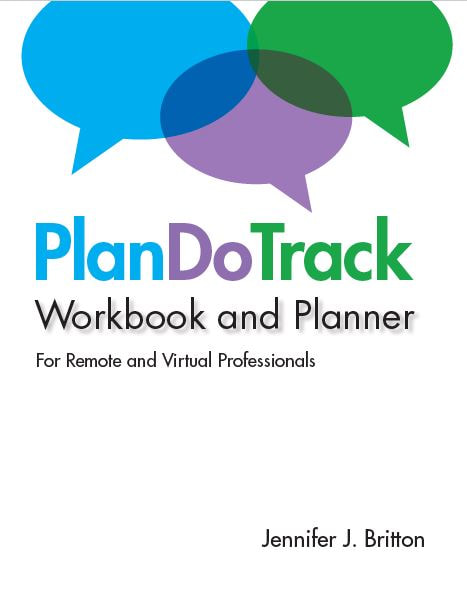|
I’ve spent a lot of time in the last fifteen years sparking conversations around partnering, teamwork and collaboration. A common question I’ve asked is “what makes your partnership work”? Beyerlein, Nemiro and Beyerlein in their chapter entitled "A Framework for Working Across Boundaries" in The Handbook of Virtual Teams (pg 28, 2008) write that the ingredients for successful collaboration include:
What do you see as the elements required? In the work I have done as a team coach, there are usually four factors which are mentioned regularly by the teams and groups I work with:
Without Trust, it is unlikely that the relationship will sustain itself and that goals will be achieved to the amount that they can be. Trust is the foundation of most great partnerships. How are you being transparent with each other? What are you doing to follow through on what you said you would do? What are you doing to offer feedback in order to further your relationship and results? Trust is one of the four cornerstones of great partnership and is linked back to the behaviors which can be seen. The second cornerstone is Complimentary Skills. Complimentary skills are important in partnerships to help you accelerate or augment what is possible. If skills are too similar and you are cloning each other, it is likely that a huge blindspot will be created. Planning involves having a shared vision, meeting regularly to pause, making adjustments and thinking about what’s working and what’s not. Having a shared vision for your work or projects is a key element of success. Questions you may want to ask regularly:
Finally, what can you do to Leverage Strengths? We naturally bring elements to the table. What are the things we can do to augment what we are naturally talented with? Our talents/strengths usually create a unique mindset or approach to our work. In the partnership, how is each person uniquely positioned? All the best, Jennifer Jennifer Britton - Potentials Realized
Author of PlanDoTrack (2019), Coaching Business Builder (2018), Effective Virtual Conversations (2017) and From One to Many: Best Practices for Team and Group Coaching (2013). Pick up a copy of any of her books at Amazon. Book Jennifer for a coaching session to explore productivity, teamwork and business issues. Contact her by phone at (416)996-8326 Check out these Instagram accounts @coachingbizbuilder & @remotepathways! Check out upcoming programs on our calendar! Are you a remote professional? Listen into the Remote Pathways Podcast on your favorite podcast player!
0 Comments
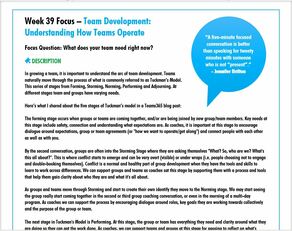 Week 39 Focus – Team Development: Understanding How Teams Operate Focus Question: What does your team need right now? Description In growing a team, it is important to understand the arc of team development. Teams naturally move through the process of what is commonly referred to as Tuckman’s Model. This series of stages from Forming, Storming, Norming, Performing and Adjourning. At different stages team and groups have varying needs. Here’s what I shared about the five stages of Tuckman’s model in a Teams365 blog post: The forming stage occurs when groups or teams are coming together, and/or are being joined by new group/team members. Key needs at this stage include safety, connection and understanding what expectations are. As coaches, it is important at this stage to encourage dialogue around expectations, group or team agreements (or "how we want to operate/get along") and connect people with each other as well as with you. By the second conversation, groups are often into the Storming Stage where they are asking themselves "What? So, who are we? What's this all about?". This is where conflict starts to emerge and can be very overt (visible) or under wraps (i.e. people choosing not to engage and double-booking themselves). Conflict is a normal and healthy part of group development when they have the tools and skills to learn to work across differences. We can support groups and teams as coaches sat this stage by supporting them with a process and tools that help them gain clarity about who they are and what it's all about. As groups and teams move through Storming and start to create their own identify they move to the Norming stage. We may start seeing the group really start coming together in the second or third group coaching conversation, or even in the morning of a multi-day program. As coaches we can support the process by encouraging dialogue around roles, key goals they are working towards collectively and the purpose of the group or team. The next stage in Tuckman's Model is Performing. At this stage, the group or team has everything they need and clarity around what they are doing so they can get the work done. As coaches, we can support teams and groups at this stage for pausing to reflect on what's working, what's not, what needs a tweak and what's going to support their results. Groups and teams will end - whether it is a team member leaving, a project team winding down, or a group disbanding. In the Adjourning stage we want to create the space for people to acknowledge their achievements, learning and start looking at next steps. Activity Questions to consider:
Connection to the Workbook and Planner As you consider the different relationships you are in, what stages are you at? Download a one-page copy of this week's 52 Weeks of Plan, Do and Track here. Best wishes, Jennifer Read and download the initial weeks of the 52 weeks of Plan, Do and Track Jennifer Britton - Potentials Realized
Author of PlanDoTrack (2019), Coaching Business Builder (2018), Effective Virtual Conversations (2017) and From One to Many: Best Practices for Team and Group Coaching (2013). Pick up a copy of any of her books at Amazon Book Jennifer for a coaching session to explore productivity, teamwork and business issues. Contact her by phone at (416)996-8326 Check out the new 19 Productivity Tips on-demand program. Explore this video based program at your own pace, and join Jennifer for bi-weekly calls as part of your course. Follow the #90DaysPlanDoTrack series on Instagram 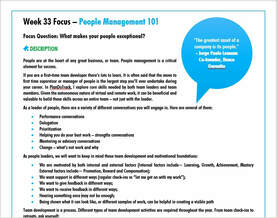 Week 33 Focus – People Management 101 Focus Question: What makes your people exceptional? Description People are at the heart of any great business, or team. People management is a critical element for success. If you are a first-time team developer there’s lots to learn. It is often said that the move to first time supervisor or manager of people is the largest step you’ll ever undertake during your career. In PlanDoTrack, I explore core skills needed by both team leaders and team members. Given the autonomous nature of virtual and remote work, it can be beneficial and valuable to build these skills across an entire team – not just with the leader. As a leader of people, there are a variety of different conversations you will engage in. Here are several of them:
Activity Consider your skill base right now. What is one skill area you could become more effective in to boost your impact as a people leader? Connection to the Workbook and Planner Complete the Wheel of Virtual and Remote Work in PlanDoTrack and review the skills listed in Section 1 of PlanDoTrack. What do you notice? Where can you improve? Download a one-page copy of this week's 52 Weeks of Plan, Do and Track here. Best wishes, Jennifer Read and download the initial weeks of the 52 weeks of Plan, Do and Track Jennifer Britton - Potentials Realized
Author of PlanDoTrack (2019), Coaching Business Builder (2018), Effective Virtual Conversations (2017) and From One to Many: Best Practices for Team and Group Coaching (2013). Pick up a copy of any of her books at Amazon Book Jennifer for a coaching session to explore productivity, teamwork and business issues. Contact her by phone at (416)996-8326 Check out the new 19 Productivity Tips on-demand program. Explore this video based program at your own pace, and join Jennifer for bi-weekly calls as part of your course. Follow the #90DaysPlanDoTrack series on Instagram 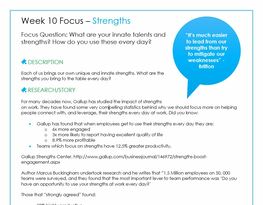 Week 10 Focus – Strengths Focus Question: What are your innate talents and strengths? How do you use these every day? Description Each of us brings our own unique and innate strengths. What are the strengths you bring to the table every day? Research/Story For many decades now, Gallup has studied the impact of strengths on work. They have found some very compelling statistics behind why we should focus more on helping people connect with, and leverage, their strengths every day at work. Did you know:
Author Marcus Buckingham undertook research and he writes that “1.5 Million employees on 50, 000 teams were surveyed, and they found that the most important lever to team performance was ‘Do you have an opportunity to use your strengths at work every day?’ (Reference: Go Put Your Strengths to Work) Those that “strongly agreed” found:
While we cannot always use our strengths at work every day, over time we may gravitate to jobs which do cultivate our strengths. As we set up businesses or work remote, being able to leverage strengths regularly can be an important motivational factor. When we are able to leverage strengths, we are more apt to move into flow and find greater job satisfaction. Strengths over-used can become a blindspot. We may over-lean into our strengths in times of pressure, urgency and resource constraints. Notice what happens when your strengths become over-magnified. Activity If you have not yet worked with strengths, spend some time identifying what your strengths are. There are several different strengths assessments you may want to explore including Gallup’s StrengthsFinder 2.0, the Entrepreneurial StrengthsFinder, as well as Positive Psychology’s VIA Character Survey. If you have not undertaken one of these assessments to ascertain your top 5 strengths, take a few minutes to do that this week, reflecting on the questions:
Connection to the Workbook and Planner There are several touch points throughout the planners to get you thinking about your strengths, including - Section 4 of both books which explores the Ecosystem as well as: What are your strengths, and how you can leverage them? Download a one-page copy of this week's 52 Weeks of Plan, Do and Track here. Best wishes, Jennifer Read and download the initial weeks of the 52 weeks of Plan, Do and Track Jennifer Britton - Potentials Realized
Author of PlanDoTrack (2019), Coaching Business Builder (2018), Effective Virtual Conversations (2017) and From One to Many: Best Practices for Team and Group Coaching (2013). Pick up a copy of any of her books at Amazon Book Jennifer for a coaching session to explore productivity, teamwork and business issues. Contact her by phone at (416)996-8326 Check out the new 19 Productivity Tips on-demand program. Explore this video based program at your own pace, and join Jennifer for bi-weekly calls as part of your course. Follow the #90DaysPlanDoTrack series on Instagram |
AuthorJennifer Britton is the blogger behind the popular Teams365 blog, a daily,blog for team leaders and members since 2014. Her latest publication is the PlanDoTrack Workbook and Planner. Pick up a copy at Amazon. Pick Up a CopyUpcoming Programs
Join us for the 21 For 21 Virtual Co-working Sprints - $21 US. Want to access the recordings and bonus worksheets? Join us at the Booster Pack $79 US early bird rate. Sign up at 21for21 Virtual Co-working - STAND OUT VIRTUALLY! Stand Out Virtually - Incubator - Running an online, virtual or digital business and want to get the word out to organizations? Join us for the 8 week Stand Out Virtually Incubator. Next group starts April 2021. Build out your brand, offers and proposals. Virtual Facilitation Essentials (8.5 CCEs)- Expand your toolkit for better remote and virtual conversations. This is a virtual train-the-trainer - 5 weeks: Fall 2021 programming starts in October $495 US Learn more and register. Coaches! Register for the 60 Day Coaching Business Builder Accelerator. Join us for 60 Days support and ACTION for coaches wanting to grow their businesses. On-Demand Course. PlanDoTrack Facilitator Training Program (24 CCEs) - Starts again in October. Contact Jennifer to discuss. Month-End/Quarterly Planning Session: Thursday September 30th - 8 -9 am ET Archives
January 2021
Categories
All
|

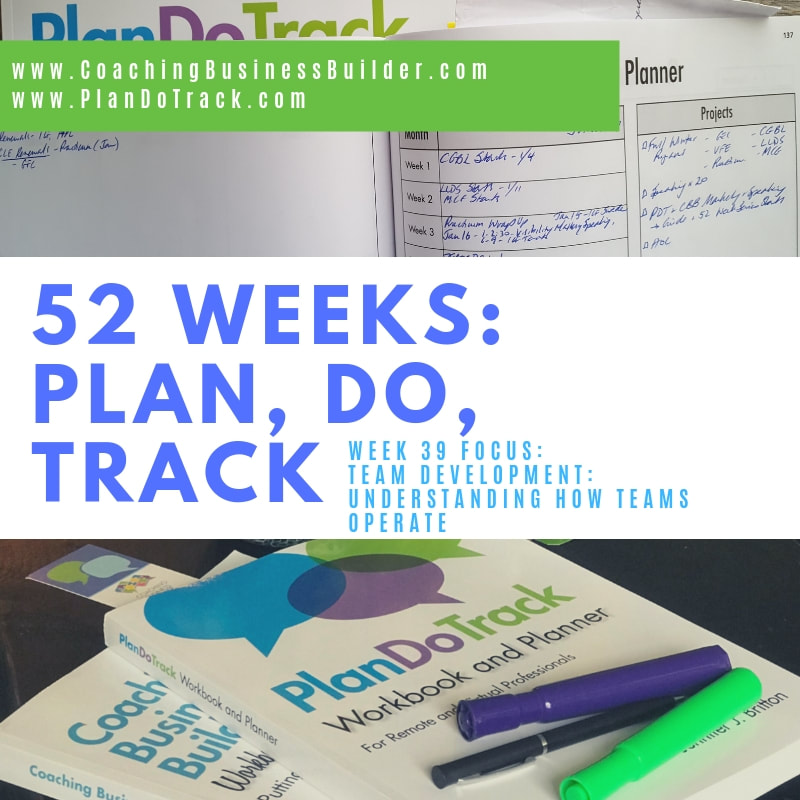
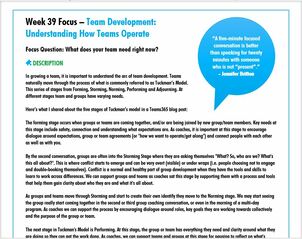
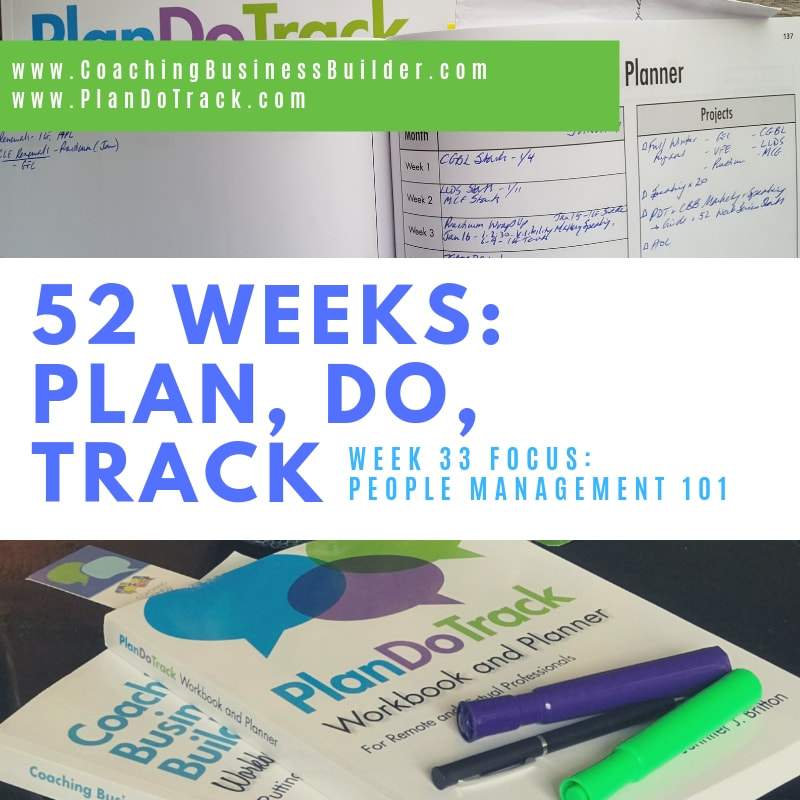
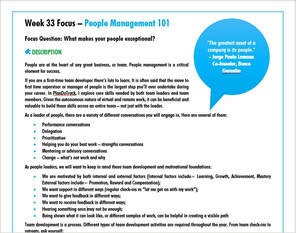
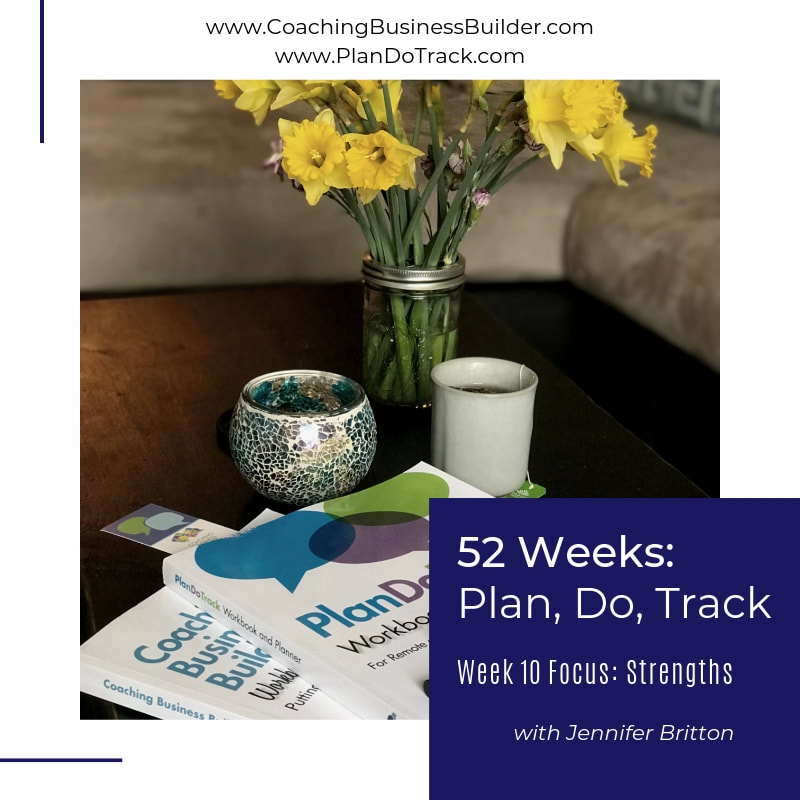

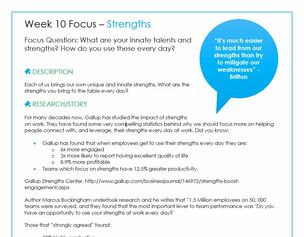
 RSS Feed
RSS Feed
